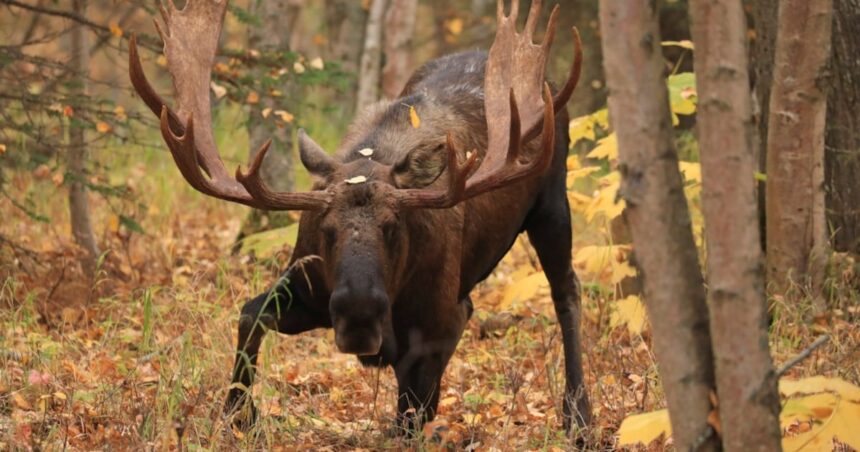I’ve been investigating Ontario’s wildlife conservation enforcement efforts, specifically focusing on a recent case that highlights the tension between traditional hunting practices and modern conservation laws.
Three Northern Ontario men are facing steep fines after being convicted of moose hunting violations, according to court records I obtained last week. The Ontario Court of Justice handed down penalties totaling $9,000 for offenses that occurred near Chapleau, about 200 kilometers northeast of Sault Ste. Marie.
Conservation officers initially received a tip through the province’s violation reporting line about suspicious hunting activity in the area. “We responded to public concerns about shots fired outside of legal hunting hours,” explained Senior Conservation Officer Megan Richards, who led the investigation.
When I spoke with Richards, she walked me through how the case unfolded. “Officers conducted surveillance operations over several days before intercepting the group returning to their vehicle with moose parts,” she said. Upon inspection, officers discovered the men possessed a cow moose without the proper authorization.
Court documents show Joseph Larocque was fined $4,000 for unlawfully hunting moose during prohibited hours and an additional $1,000 for making a false statement to a conservation officer. Michel Lamarche received a $2,000 fine for unlawfully possessing illegally killed wildlife, while Daniel Fournier was ordered to pay $2,000 for the same offense.
I reviewed Ontario’s Wildlife Conservation Act regulations, which strictly prohibit hunting from half an hour after sunset until half an hour before sunrise. These timing restrictions exist to prevent dangerous shooting conditions and to give wildlife natural periods of undisturbed movement and feeding.
“These regulations aren’t arbitrary,” Dr. Emily Sanderson, wildlife biologist at Laurentian University, told me during our interview. “Moose populations in several Wildlife Management Units across Northern Ontario have declined by approximately 20% over the past decade, making proper harvest management critical.”
The Ministry of Natural Resources and Forestry (MNRF) has increased enforcement efforts in response to population concerns. Last year alone, conservation officers investigated over 400 moose-related violations across the province, resulting in 112 convictions, according to MNRF annual enforcement data.
What makes this case particularly noteworthy is the false statement charge. “When individuals attempt to mislead conservation officers, it suggests a deliberate effort to circumvent wildlife laws rather than an accidental violation,” explained Diane Brooks, environmental lawyer and former prosecutor. “Courts typically view this as an aggravating factor during sentencing.”
I spoke with several local hunters who expressed frustration about individuals who don’t follow the rules. “Those of us who hunt legally, who apply for tags through the proper channels and respect the seasons, we’re the ones who suffer when others take shortcuts,” said Marc Tremblay, who has hunted in the region for over 30 years.
The illegal hunting of female moose poses particular conservation challenges. “Removing reproductive-age females has a disproportionate impact on population stability,” Dr. Sanderson explained. “Each cow moose represents not just one animal but potential future generations.”
Beyond the fines, all three men received one-year hunting license suspensions. The moose meat and hunting equipment were seized by conservation officers.
While investigating this story, I learned that fines for wildlife violations in Ontario go directly into the province’s Fish and Wildlife Special Purpose Account, which funds conservation programs including population surveys and habitat restoration.
Conservation officer Richards emphasized that public reporting plays a crucial role in wildlife enforcement. “We cover vast territories with limited personnel,” she told me. “The eyes and ears of responsible outdoor enthusiasts significantly extend our reach.”
For those concerned about potential wildlife violations, the MNRF operates a 24-hour reporting line at 1-877-TIPS-MNR (847-7667). Reports can also be made online through the ministry’s website, with options for anonymous tips.
As climate change and habitat fragmentation continue to pressure wildlife populations, these enforcement actions reflect the growing tension between traditional hunting practices and modern conservation needs—a balance that communities across Northern Ontario are still working to perfect.






